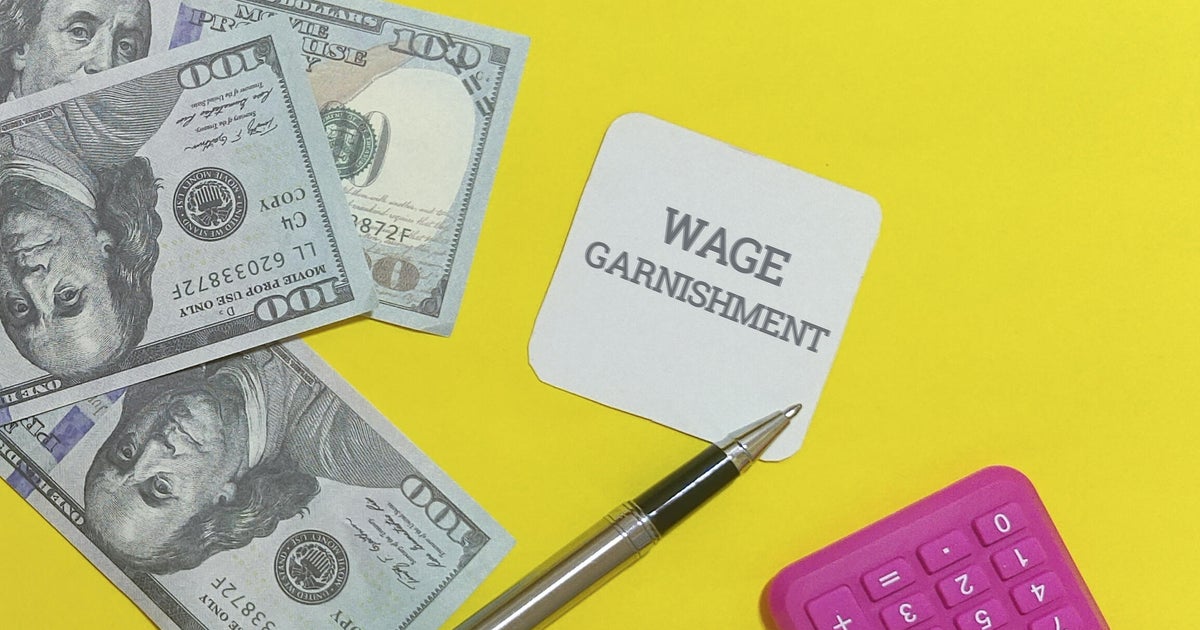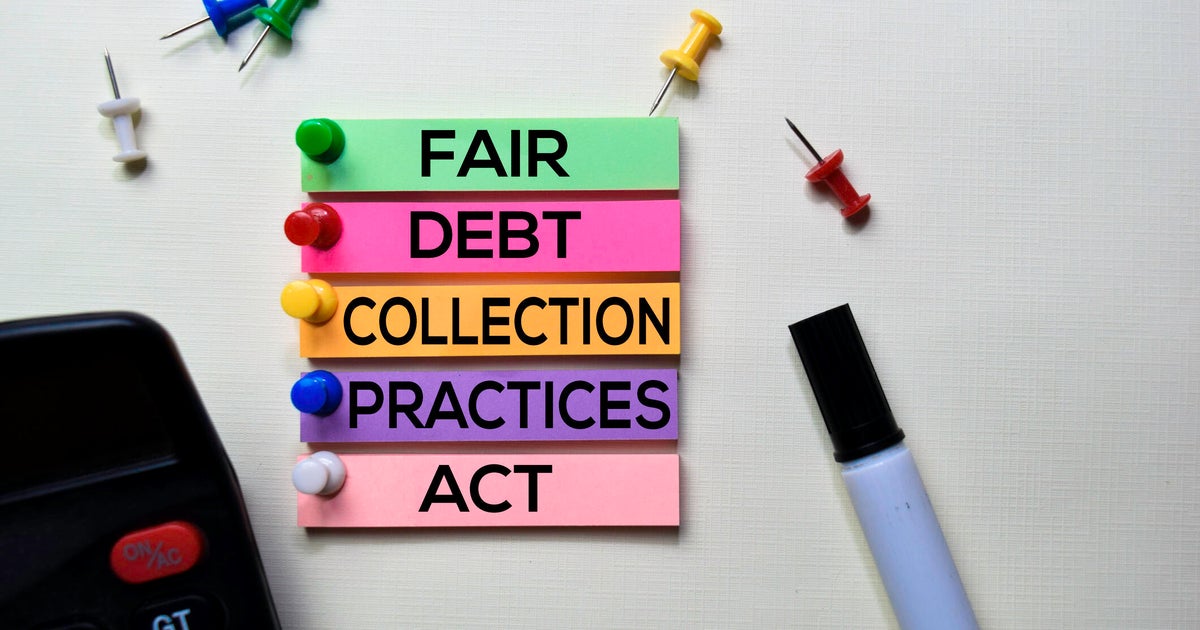Some U.S. states are issuing their own stimulus checks and cash bonuses
The nearly $1 trillion in federal relief sent to U.S. households through three stimulus checks is credited with reducing poverty and helping millions of families weather the pandemic. But with the COVID-19 Delta variant spreading across the nation, some states are also moving to distribute payments.
A handful of states are tapping their own stimulus funds or surpluses to help specific residents, such as low-income households or teachers, with direct aid reaching more than 25 million people starting this month.
At the same time, many households have already spent the third stimulus checks, which the IRS started distributing in March. In another development that could weigh on people's income, pandemic unemployment benefits are set to end on September 6, cutting 7.5 million jobless workers off the rolls.
About one in four households across the U.S. struggled to pay their household expenses in the previous week, according to Census survey data from late July through early August.
"People were counting on things being back to normal 100% by now, and we're not there yet," said Andrew Stettner, an unemployment expert at the left-leaning Century Foundation, said of the economic recovery.
While some federal lawmakers have floated the idea of a fourth stimulus check, it's not considered likely at the moment given that the White House is focused on its infrastructure proposals. The Biden administration has also said it won't extend unemployment beyond September 6, although officials noted that states could use stimulus funding to extend their own programs.
Below are some of the states sending checks to certain residents.
California: Up to $1,100 in "Golden State Stimulus"
California will start distributing checks of up to $1,100 to about 25 million residents beginning August 27 as part of an effort to provide support to the state's low- and middle-income families. It's the second stimulus check issued by the state.
That matters because whether a family received the first check will determine how much they get in the second payment. People who received the first check but don't have a dependent will not qualify for any payments, according to the state. However, if you received the first check and also have a dependent, you'll get $500.
The biggest payments — $1,100 — will go to those who didn't get the first check and who also claim at least one dependent. People who didn't receive one of the earlier checks and who don't have dependents will get $600. (To see if you qualify and estimate how much you will receive, use this estimation calculator via the Franchise Tax Board.)
About two-thirds of California's 39 million residents — about 25 million people — are expected to qualify for the payments, which are available to state residents whose adjusted gross income was less than $75,000 in 2020. To claim the payment, residents must file a 2020 state tax return by October 15, according to the State of California Franchise Tax Board.
California Governor Gavin Newsom said the stimulus effort represents the "largest state tax rebate in American history," with $12 billion in funds distributed to residents.
Maryland: $300-$500 for low-income residents
Maryland authorized stimulus checks earlier this year, but with a catch: The payments are only available to those who claimed the Earned Income Tax Credit (EITC) on their tax returns. The EITC is a tax credit geared to low- to moderate-income earners.
For instance, a married couple with two children only qualify if their income is below about $53,000, according to the state of Maryland. Individuals will receive $300, while couples who file jointly will receive $500.
The deadline for filing a tax return to receive the check was July 15, so it may be too late for some residents to qualify if they missed that date.
Florida: $1,000 for teachers
Governor Ron DeSantis earlier this year approved $1,000 bonuses for the state's more than 170,000 teachers and principals in its K-12 public schools and public charter schools. The funding stems from $216 million in federal stimulus money, according to CBS Miami.
The checks started landing in mailboxes earlier this month, the Florida Education Association said. DeSantis said the checks are "a token of the appreciation" for teachers who worked during the pandemic.
DeSantis is issuing the checks amid controversy his handling of the pandemic, including Florida's ban on mask requirements in schools. Despite his stance, just over half of Florida's 2.8 million public school students now face mandates to wear masks in classrooms.
While many teachers may appreciate the checks, the Florida Education Association has condemned DeSantis' bonuses, saying the program takes control away from local schools and that school districts would have delivered the money faster to teachers.
Texas: Bonuses of up to $2,000 for teachers
Many teachers in Texas will receive bonuses at the start of the school year, reports CBS Dallas Fort-Worth. However, rather than a statewide effort, the bonuses have been approved by individual school districts, including Irving and Denton, Texas, the station reported.
Returning teachers in Irving, Texas, are getting a one-time payment of $2,000, while Denton, Texas, employees will get a $500 retention bonus. Additional school districts approved pay raises, part of an effort to reward teachers for their efforts in shifting to remote learning during pandemic.
Previous state stimulus efforts
Other states have already issued stimulus checks with their pandemic funds, such as Colorado, which in December issued $375 checks to more than 400,000 residents who had claimed unemployment benefits during the pandemic. Other states and localities that have provided pandemic relief to residents include New Mexico, Washington, D.C., and Vermont.
In the meantime, about 70 million households are receiving monthly checks through December via the expanded federal Child Tax Credit, which is providing up to $300 per child. That money is helping families with children pay for basics such as food, school supplies and clothing, according to an analysis of Census data from the left-leaning Economic Security Project.



